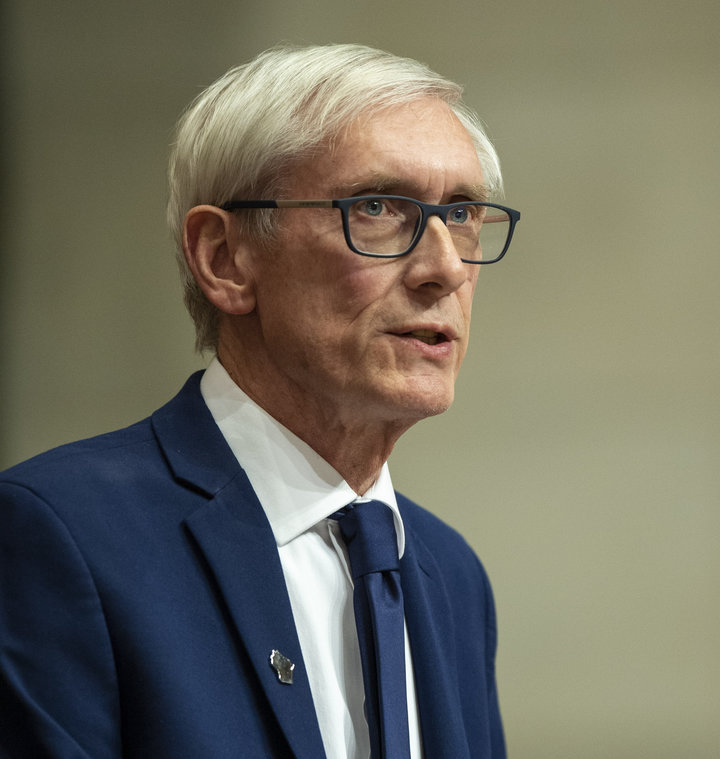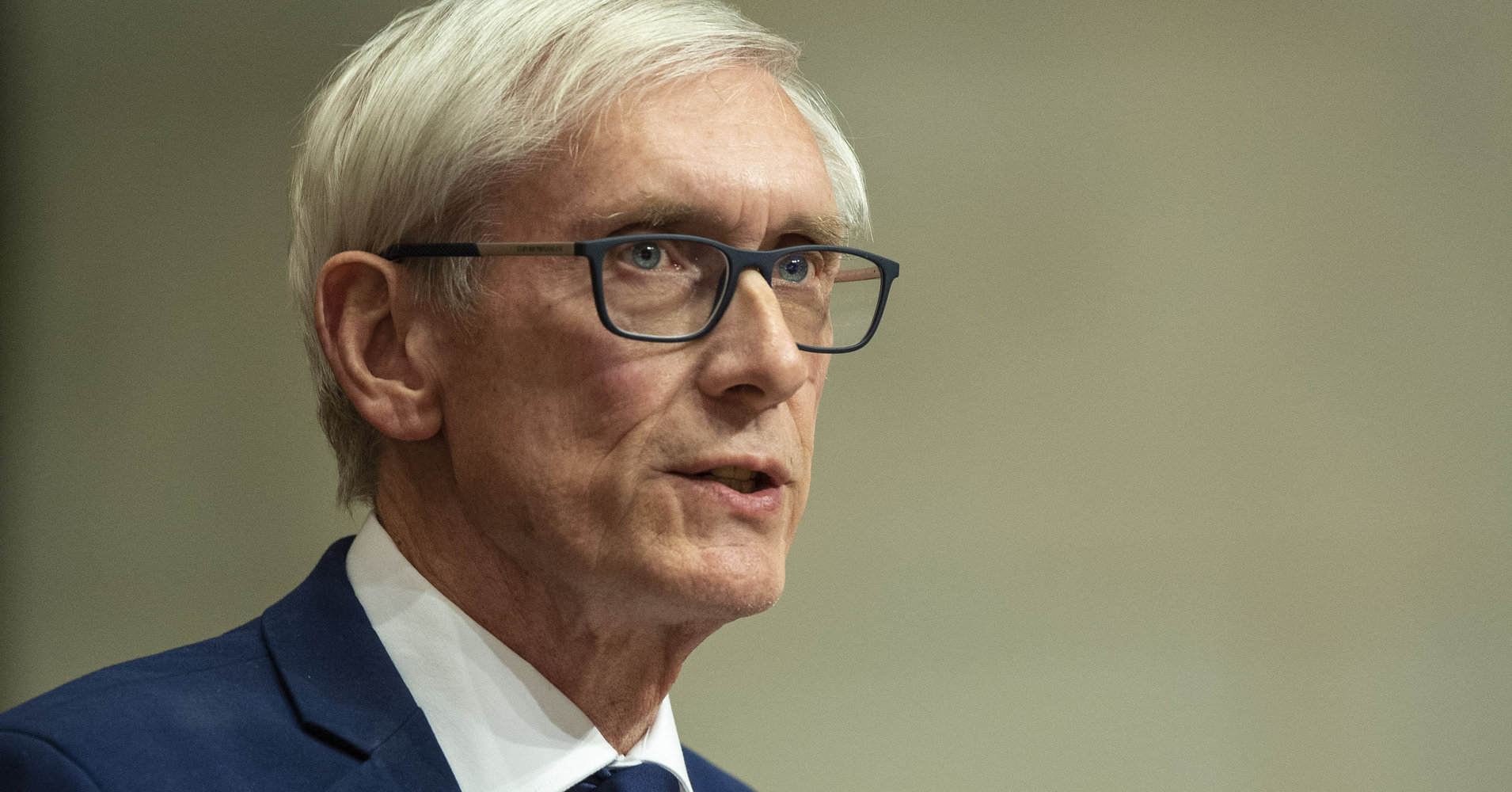[ad_1]
Wisconsin Gov. Tony Evers (D) has announced a proposal that would legalize medical marijuana and decriminalize possession of small amounts in his state, falling in line with a campaign promise that advocates say would reduce opioid use and inmate populations.
“As a cancer survivor, I know the side effects of a major illness can make everyday tasks a struggle,” Evers, who survived esophageal cancer, said at a news conference on Monday. “People shouldn’t be treated like criminals for accessing medicine that could change or maybe even save their lives.”
Evers’ proposal, which will require approval from the state’s Republican-controlled Legislature, follows overwhelming support from voters back in November to legalize marijuana.

Evers’ predecessor and campaign opponent, Scott Walker, had said he would not support legalizing marijuana, which he called a gateway drug. Based on the results of last year’s ballot measures, some political observers have suggested that Walker’s aversion to legalizing it in any form cost him his re-election bid.
More than 30 states have already legalized medical marijuana.
Evers’ proposal would legalize the drug only for medical use and would require a recommendation by a physician, or a practitioner under the direction of a physician. He also wants to legalize cannabidiol, also known as CBD oil, and expunge criminal records for those who have completed their sentence or probation for possession. Possession of less than 25 grams of marijuana would also be decriminalized.
“This is not just about access to health care, this is about connecting the dots between racial disparities and economic inequity,” Evers said. “Wisconsin has the highest incarceration rate in the country for black men, and drug-related offenses account for a significant proportion of those inmate populations. The bottom line is that we’re spending too much money prosecuting and incarcerating people and often people of color for nonviolent crimes related to possessing small amounts of marijuana.”
“This doesn’t make our state any safer or stronger, and in the end, it hurts our kids and our families and our communities in the long run,” he added.
Wisconsin Attorney General Josh Kaul has also advocated for legalizing medical marijuana as an alternative to prescribing opioids to combat pain.
“We are in the midst of an opioid epidemic and when people are facing pain issues — I would much rather have a doctor prescribing medical marijuana than an opioid,” he told local station WTMJ-TV last month. Kaul also suggested that the legalization could become a “good source of revenue for the state.”
This doesn’t make our state any safer or stronger, and in the end, it hurts our kids and our families and our communities in the long run.
Wisconsin Gov. Tony Evers
The Wisconsin Manufacturers & Commerce, the state’s largest business association, was among the first to shoot down Evers’ proposal to decriminalize marijuana on Monday, citing workplace safety concerns.
“There is not enough research on this issue to determine if marijuana can be used safely, and there is plenty of research that shows it impairs an individual’s ability to operate equipment safely,” Kurt Bauer, WMC president and CEO, said in a release. “Wisconsin businesses leaders care about their employees’ safety, and decriminalization of marijuana could substantially increase the risk of harm for those employed in the manufacturing, construction, agriculture and other business sectors.”
Republican state Sen. Duey Stroebel also criticized Evers’ proposal, which he suggested on Twitter would put kids’ safety in jeopardy.
“Pretty sad the former head of our K-12 schools is now pushing the legalization of pot,” he said of Evers, who previously served as Wisconsin’s state superintendent of schools. “Who is watching out for kids?”
State Senate Majority Leader Scott Fitzgerald (R) has also said he does not support legalizing medical marijuana, telling The Associated Press last month that he doesn’t “believe the support’s there within the Senate caucus to move in that direction.”
[ad_2]
Source link

